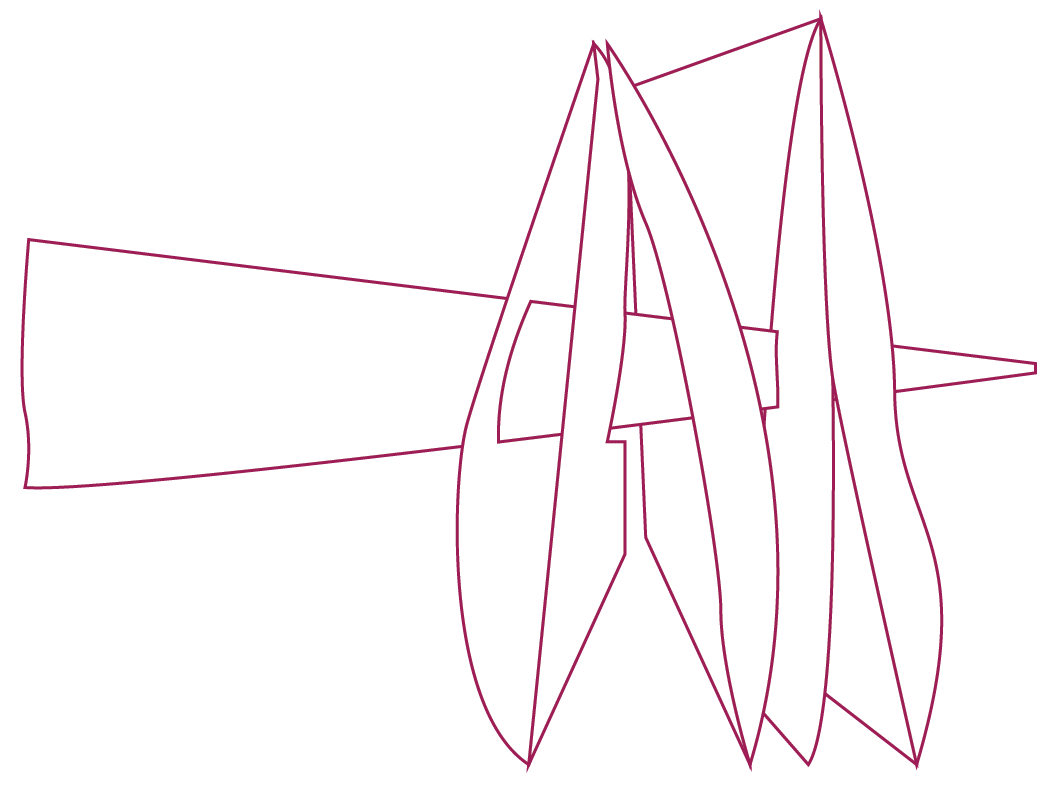container egg
See UH0035
Unlocking History Concept uri
https://letterlocking.org/doll/concept/66
Preferred label
container egg
Alternative label
Scope note
An egg used to transport a message in secret. The shell of a raw egg is softened by soaking in vinegar for a few days, then slit carefully, so that a tightly folded letter substrate can be inserted between the shell and membrane. The egg is then dipped into cold water to re-harden the shell and conceal the letter.
Top concept
techniques
https://letterlocking.org/doll/concept/611
Broader/Parent concept
distinctive letterlocking style
https://letterlocking.org/doll/concept/104
Related concept
locking mechanism
https://letterlocking.org/doll/concept/319
The Arts & Architecture ThesaurusⓇ Online, The Getty Research Institute. Concept uri
Not in AAT
The Language of Bindings Thesaurus (LoB) Concept uri
Not in LoB
Scope note source reference
Nadine Akkerman and Pete Langman. Spycraft: tricks and tools of the dangerous trade from Elizabeth I to the restoration. 2024. New Haven: Yale University Press, p. 228.
Giambattista della Porta's "Magiae Naturalis" (1558; 1644 ed. Book 16–Chapter IV) and Thomas Lupton’s “A Thousand Notable Things” (1579) gives a step-by-step description of how to secretly hide letters in eggs. View Porta's 1644 Latin edition of "Magia Naturalis" in MIT Libraries Institute Archives, Vail Collection, call number: Q155.P78 1644.
Source
Jana Dambrogio and Daniel Starza Smith with the Unlocking History Research Group. Letterlocking: The Hidden History of the Letter. Cambridge and London: MIT Press, 2025.
Nadine Akkerman and Pete Langman. Spycraft: tricks and tools of the dangerous trade from Elizabeth I to the restoration. 2024. New Haven: Yale University Press, p. 228.
Nadine Akkerman. Invisible Agents: Women and Espionage in Seventeenth-Century Britain. 2018. Oxford University Press.
Giambattista della Porta's "Magiae Naturalis" (1558; 1644 ed. Book 16–Chapter IV) and Thomas Lupton’s “A Thousand Notable Things” (1579) gives a step-by-step description of how to secretly hide letters in eggs. View Porta's 1644 Latin edition of "Magia Naturalis" in MIT Libraries Institute Archives, Vail Collection, call number: Q155.P78 1644.
Return to
DoLL: alphabetical list of concepts
DoLL: hierarchy (index) of concepts
